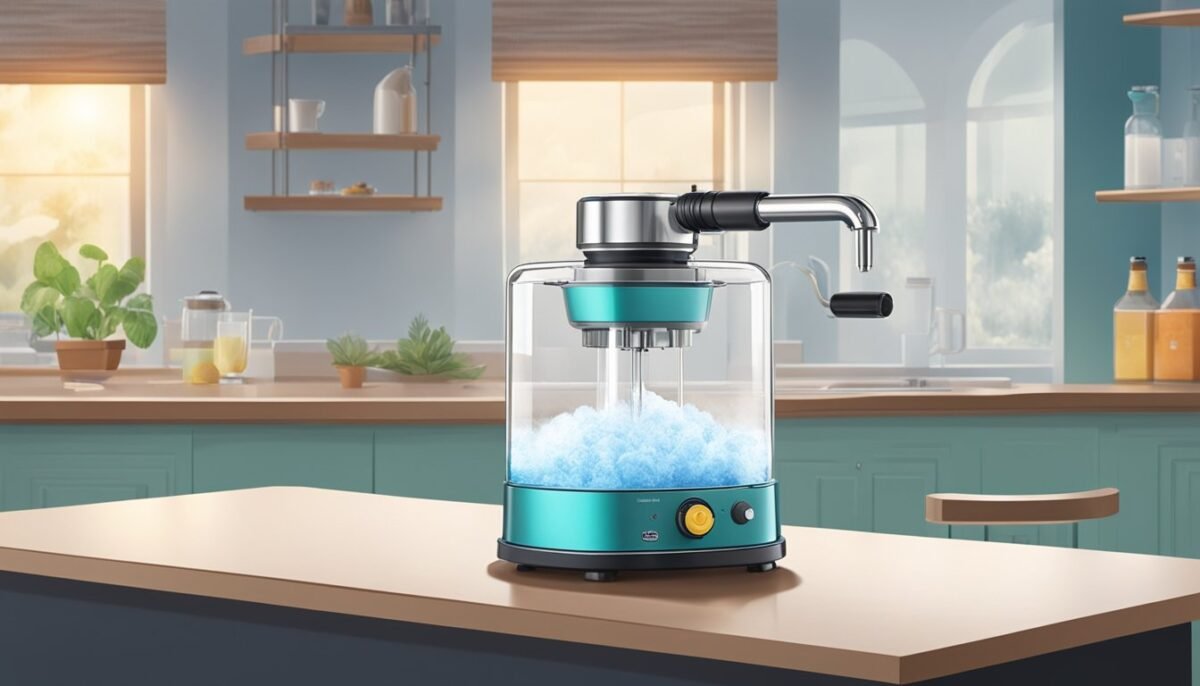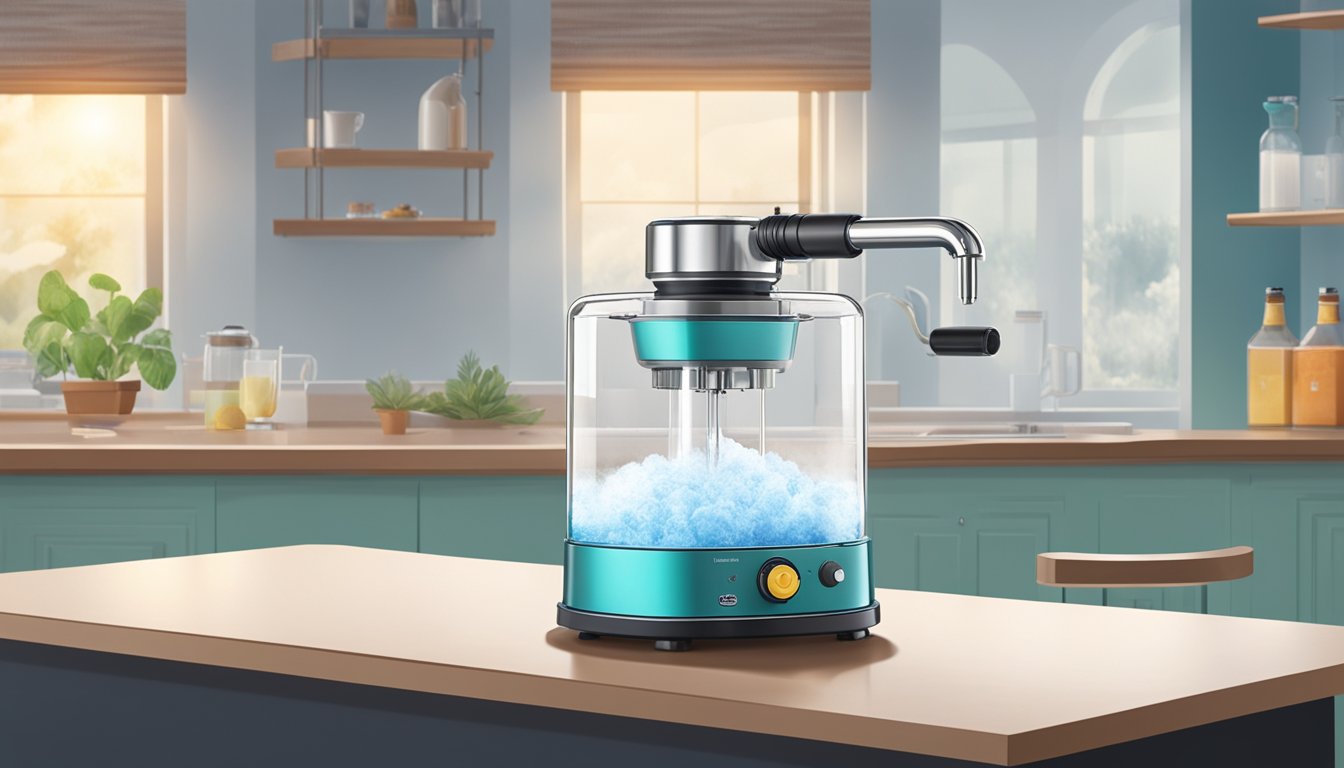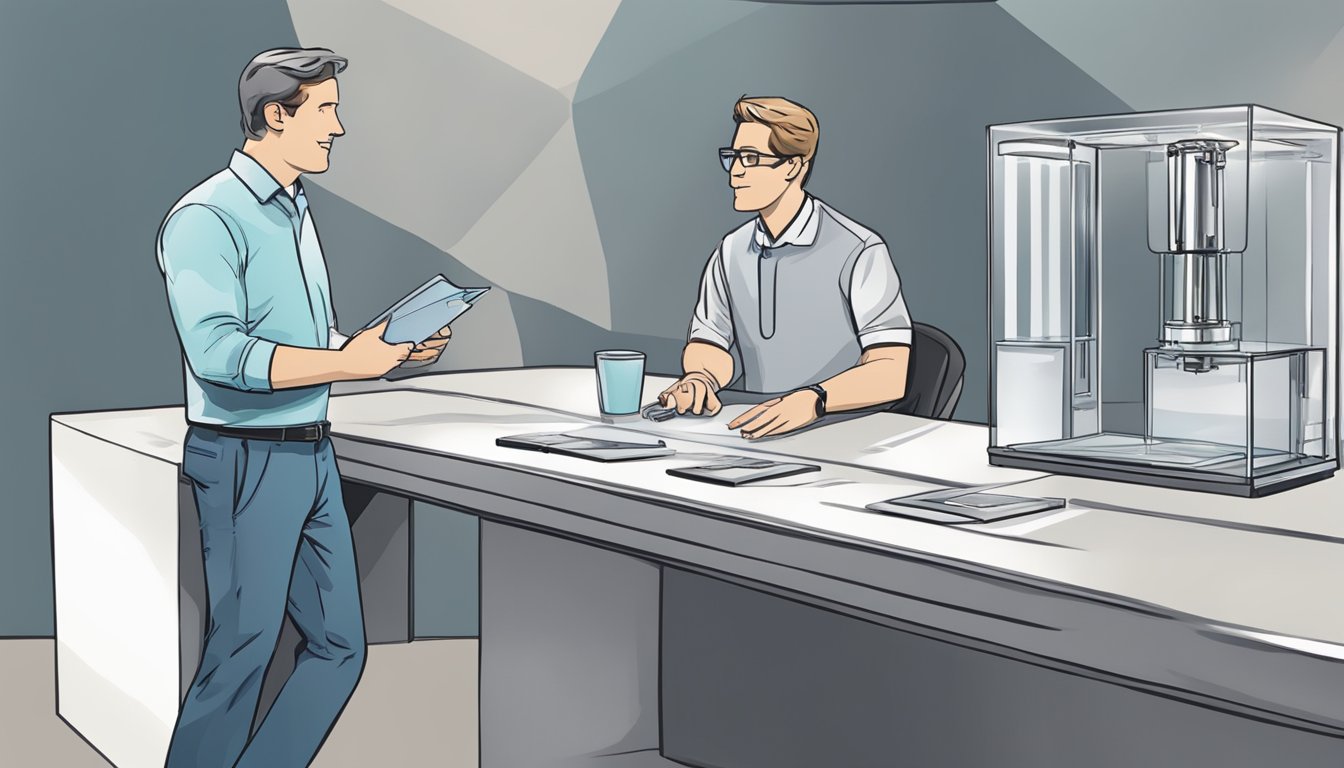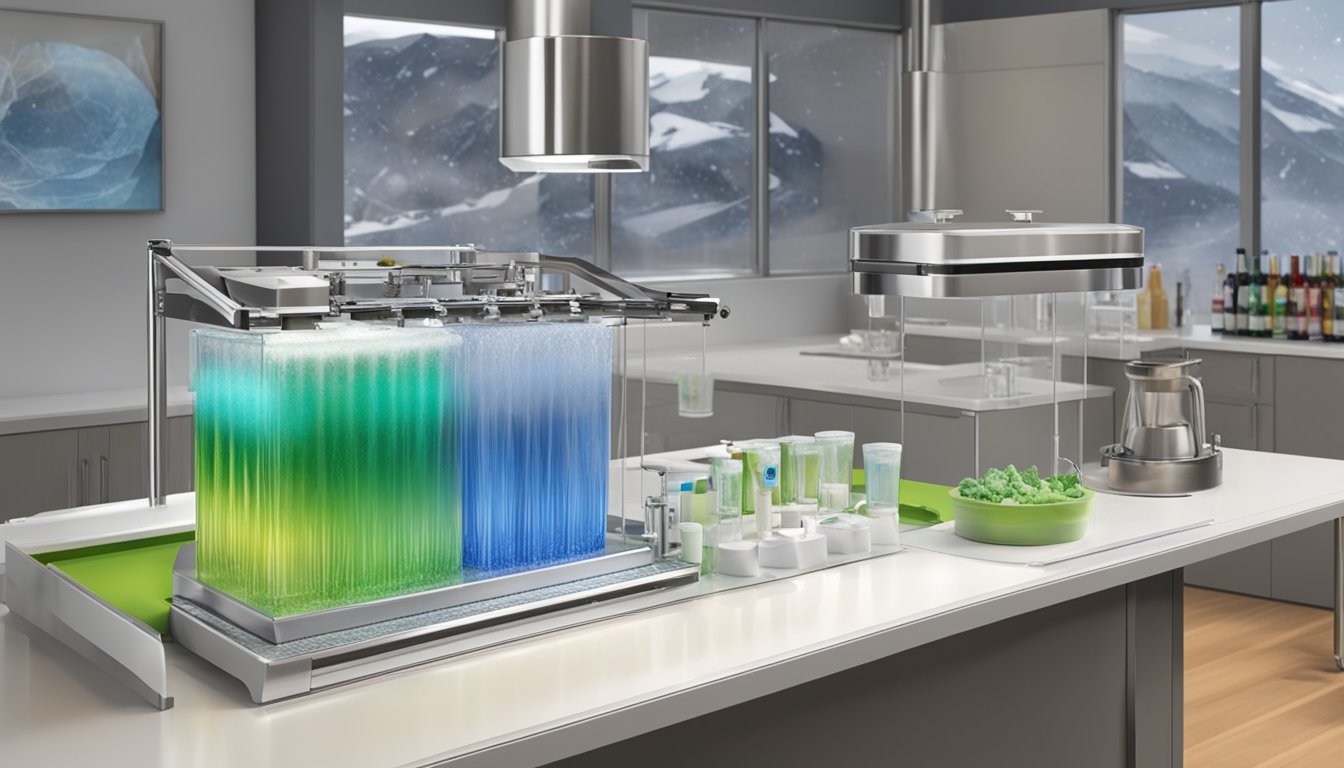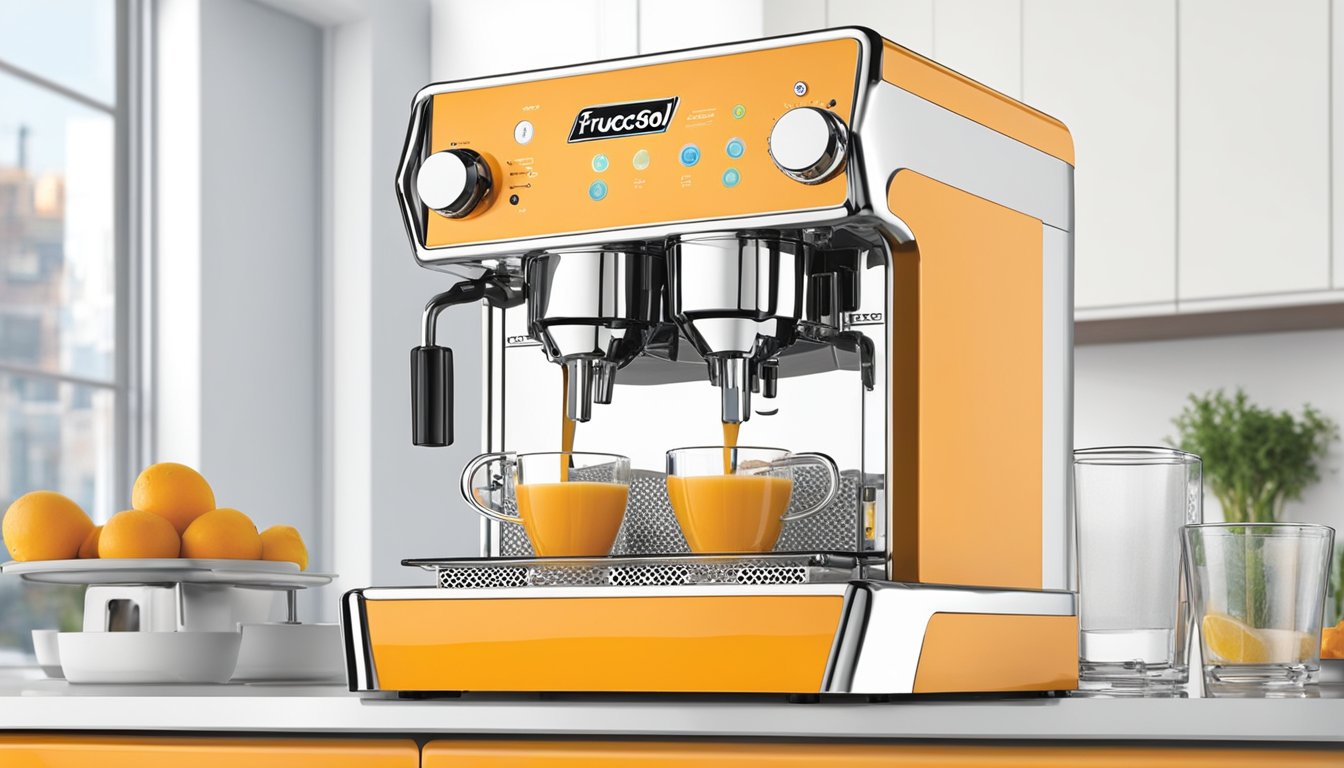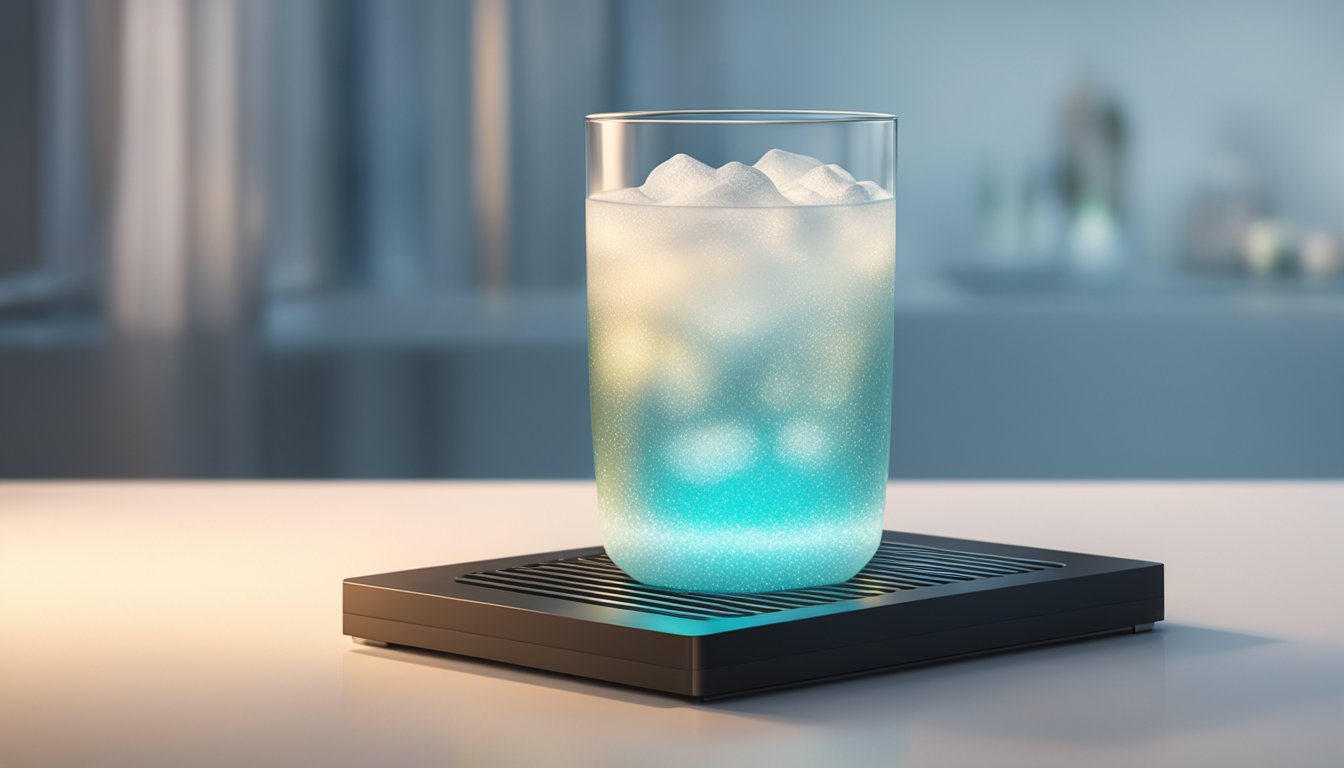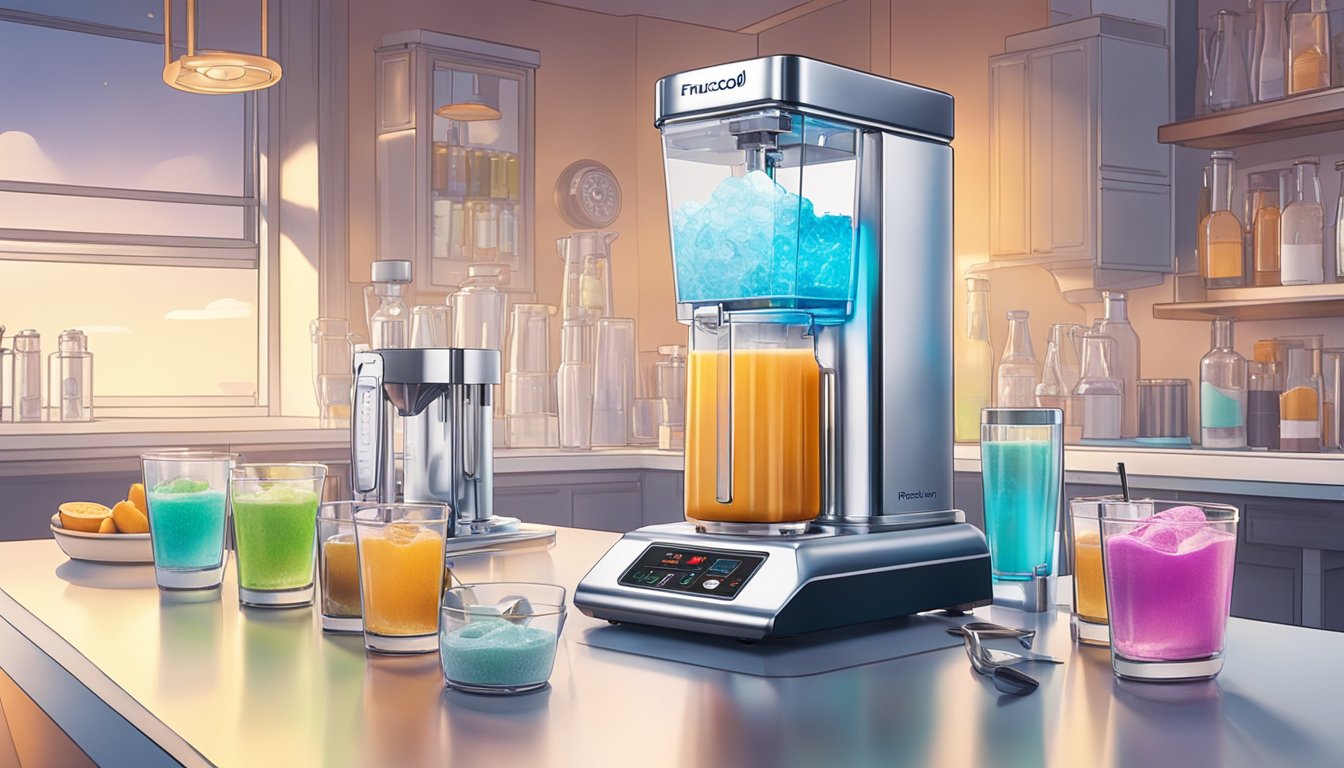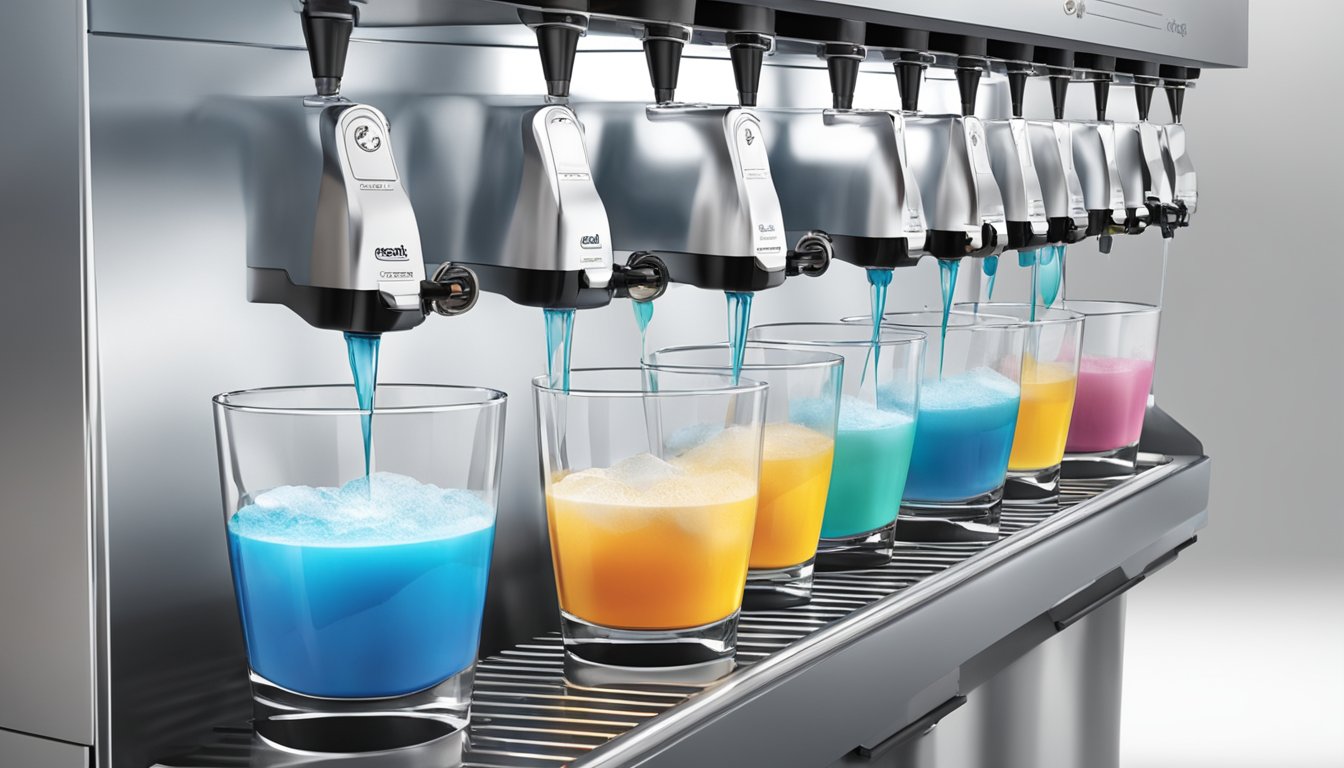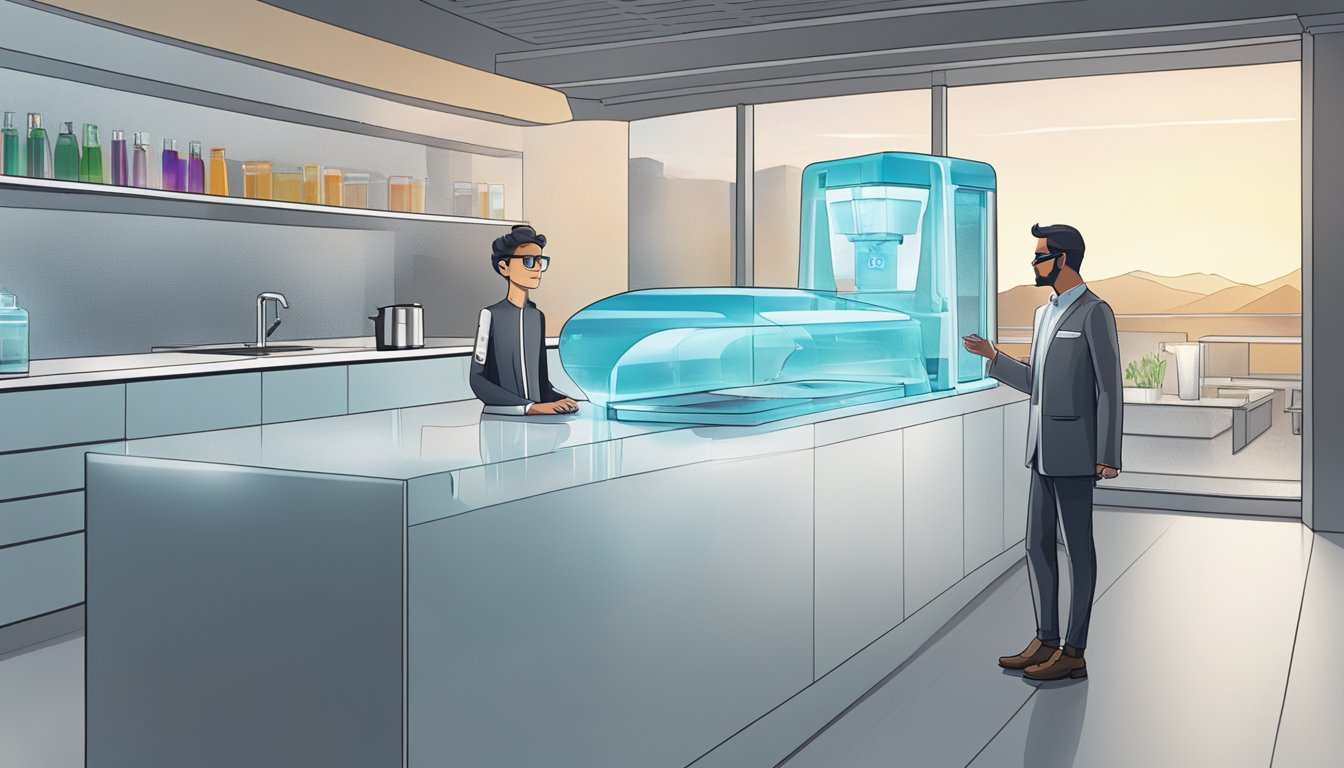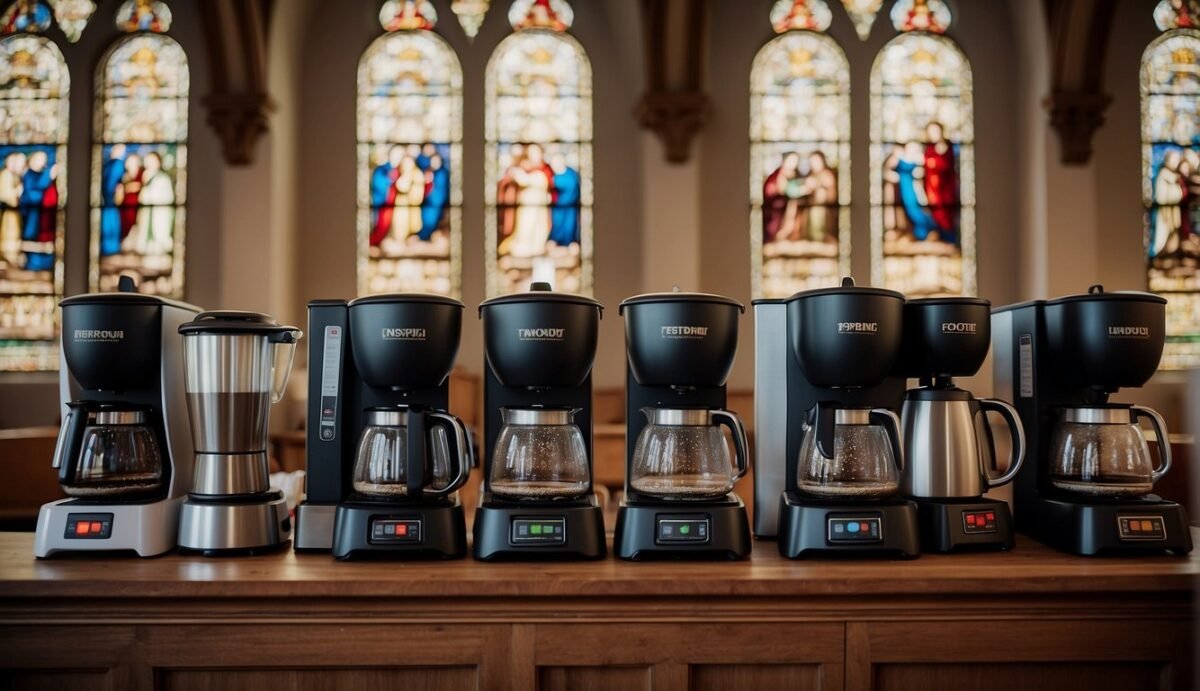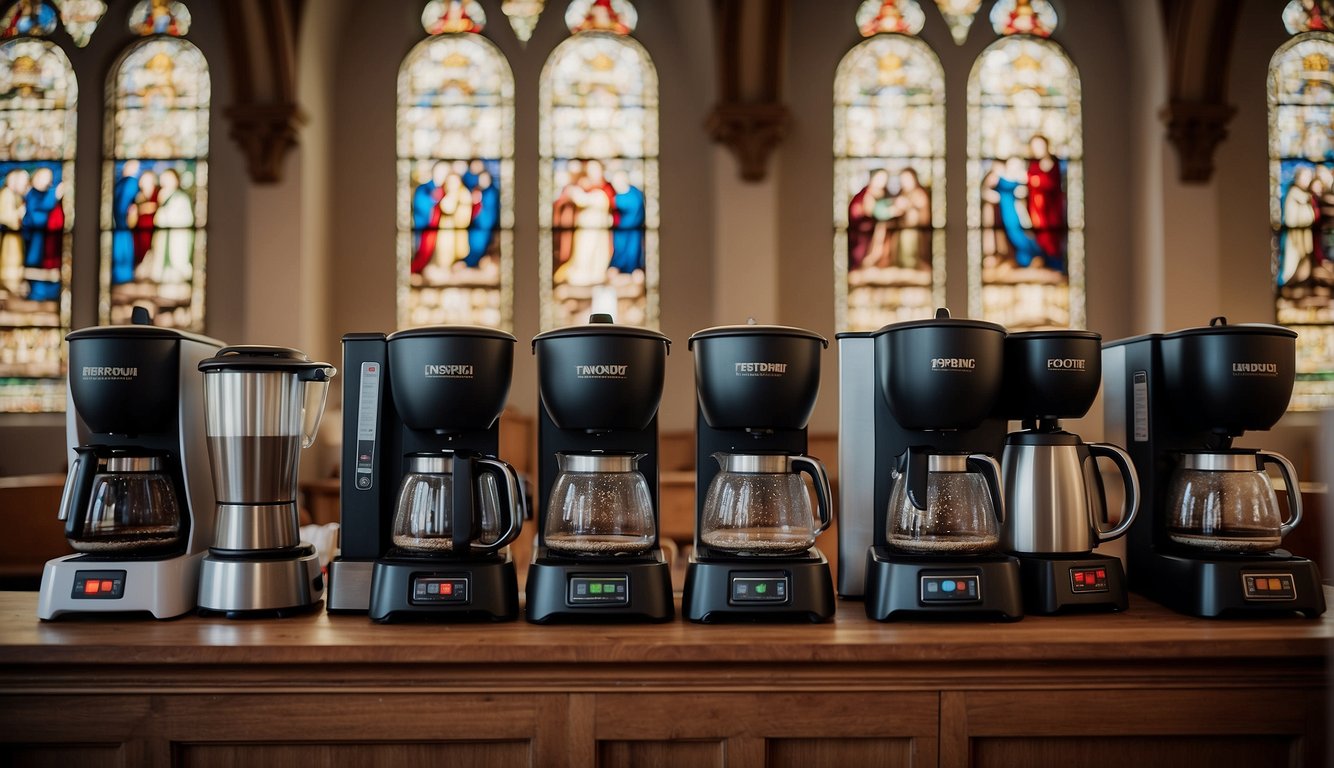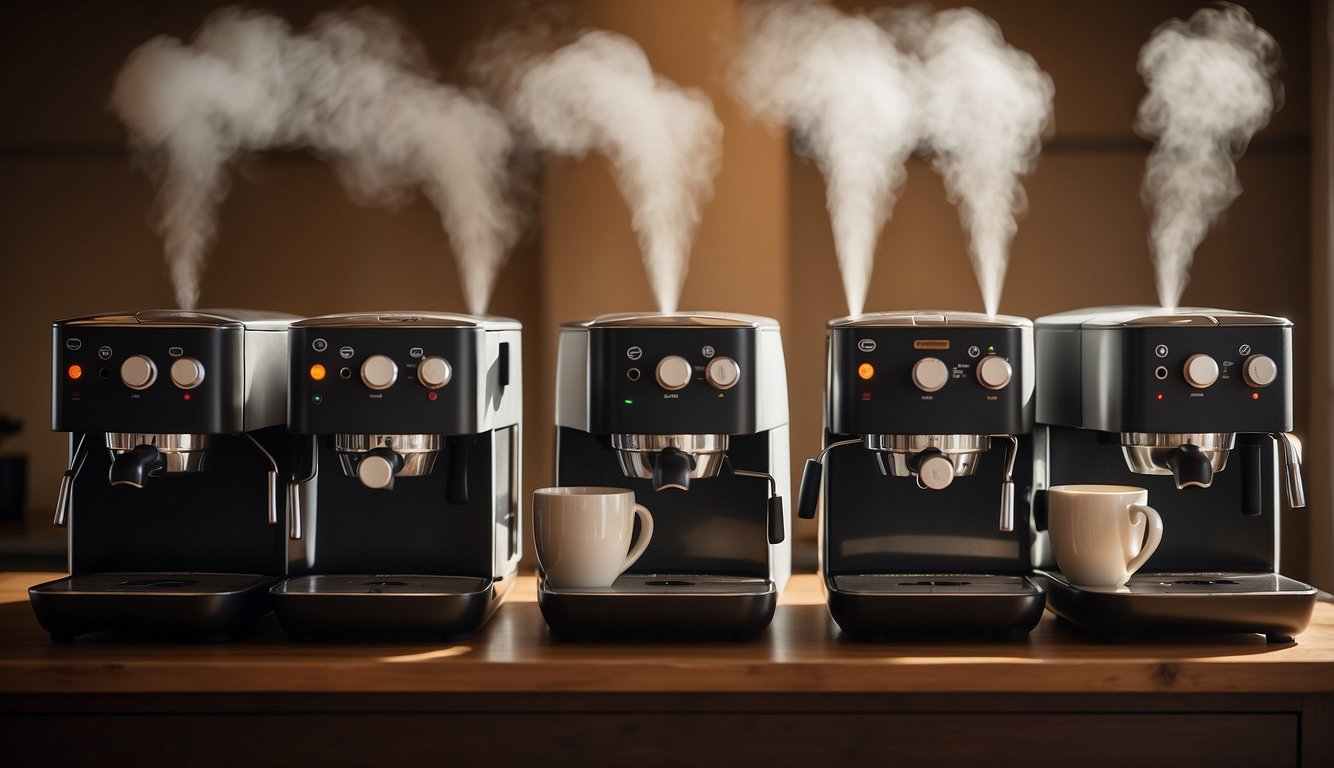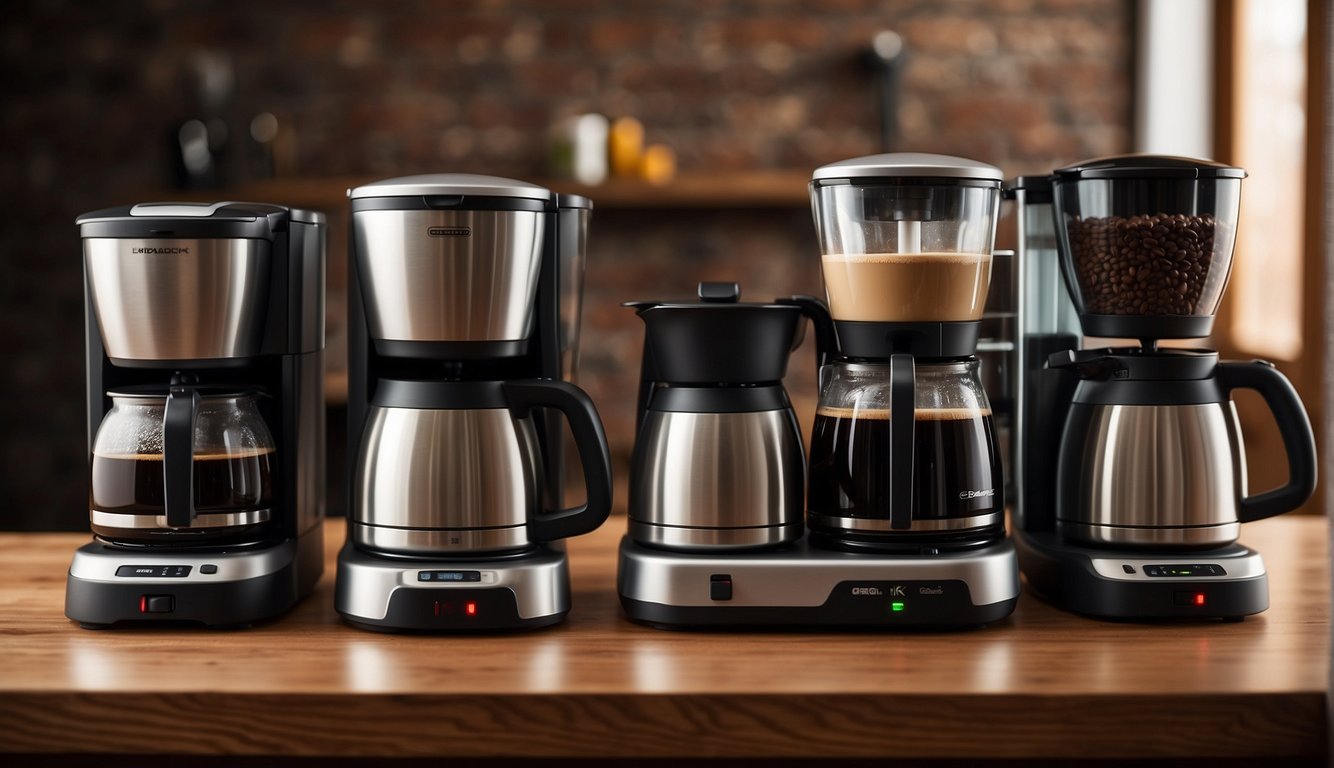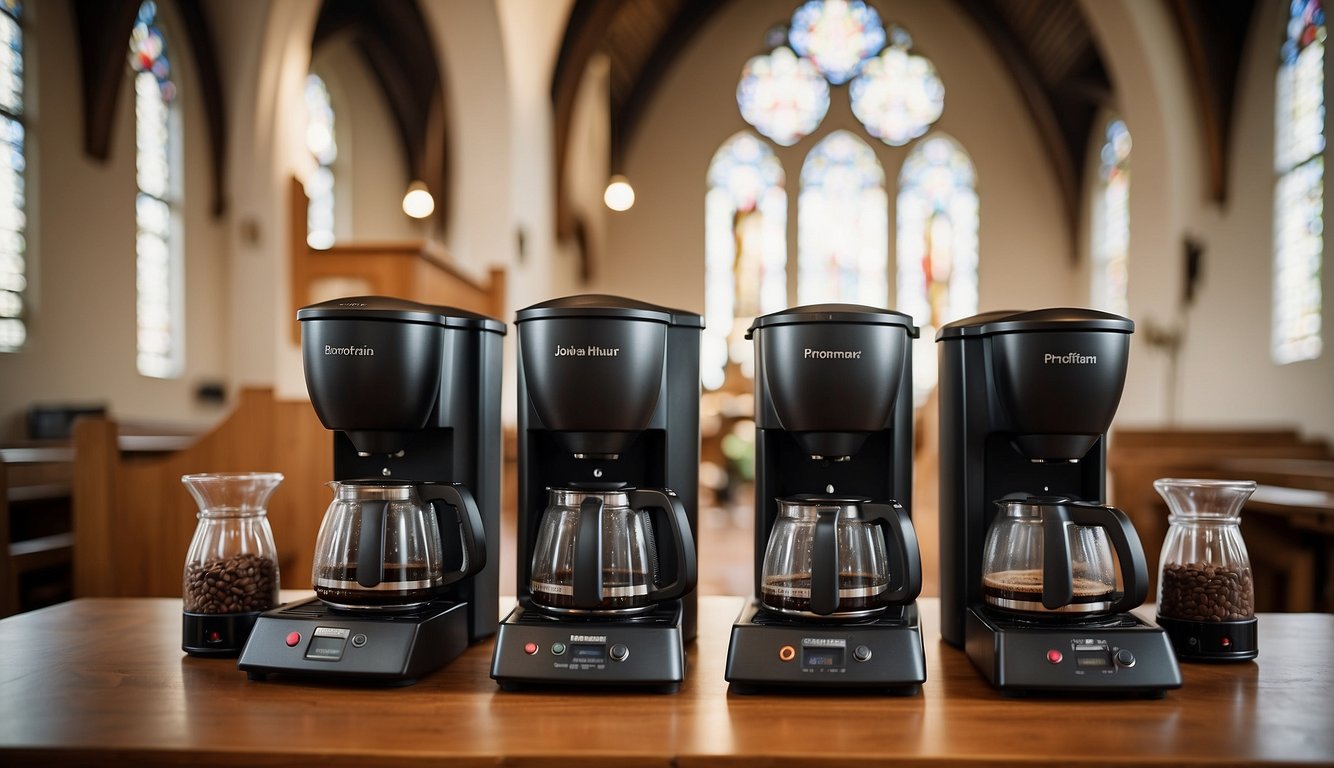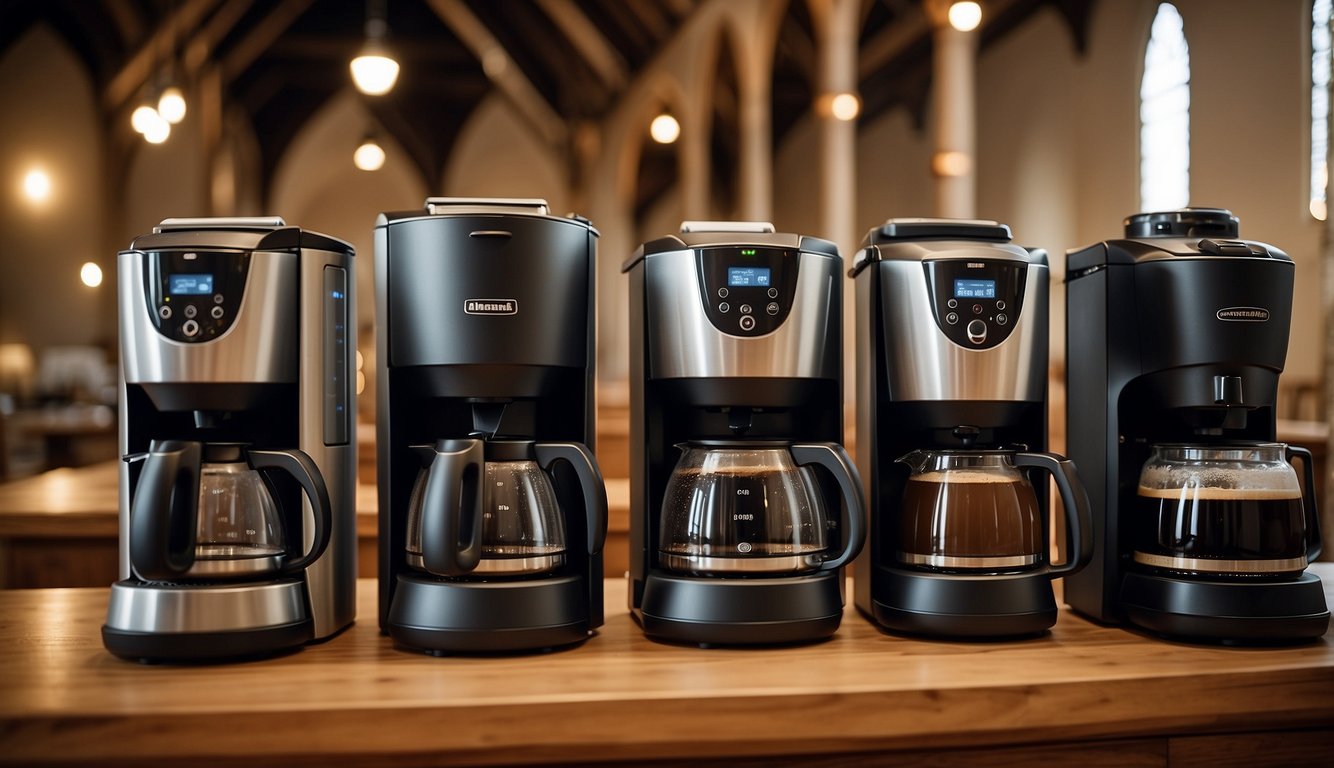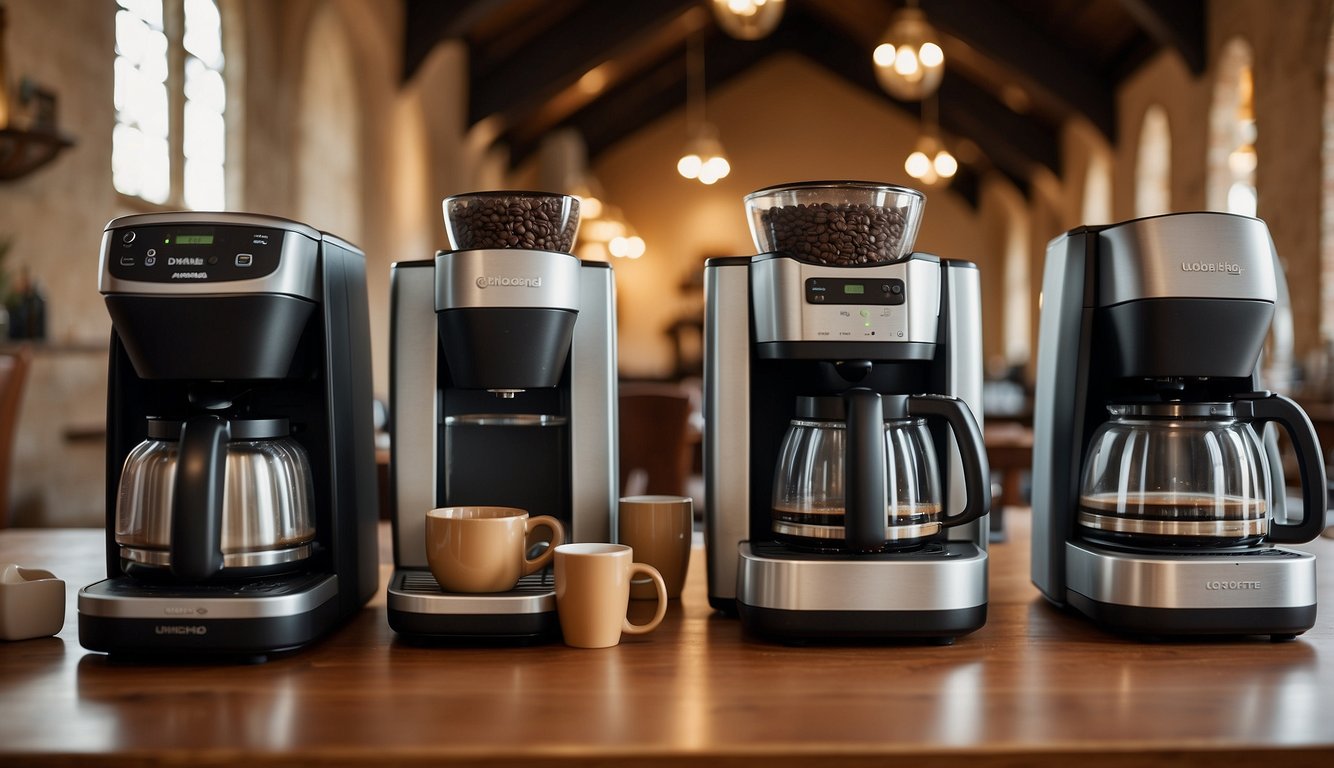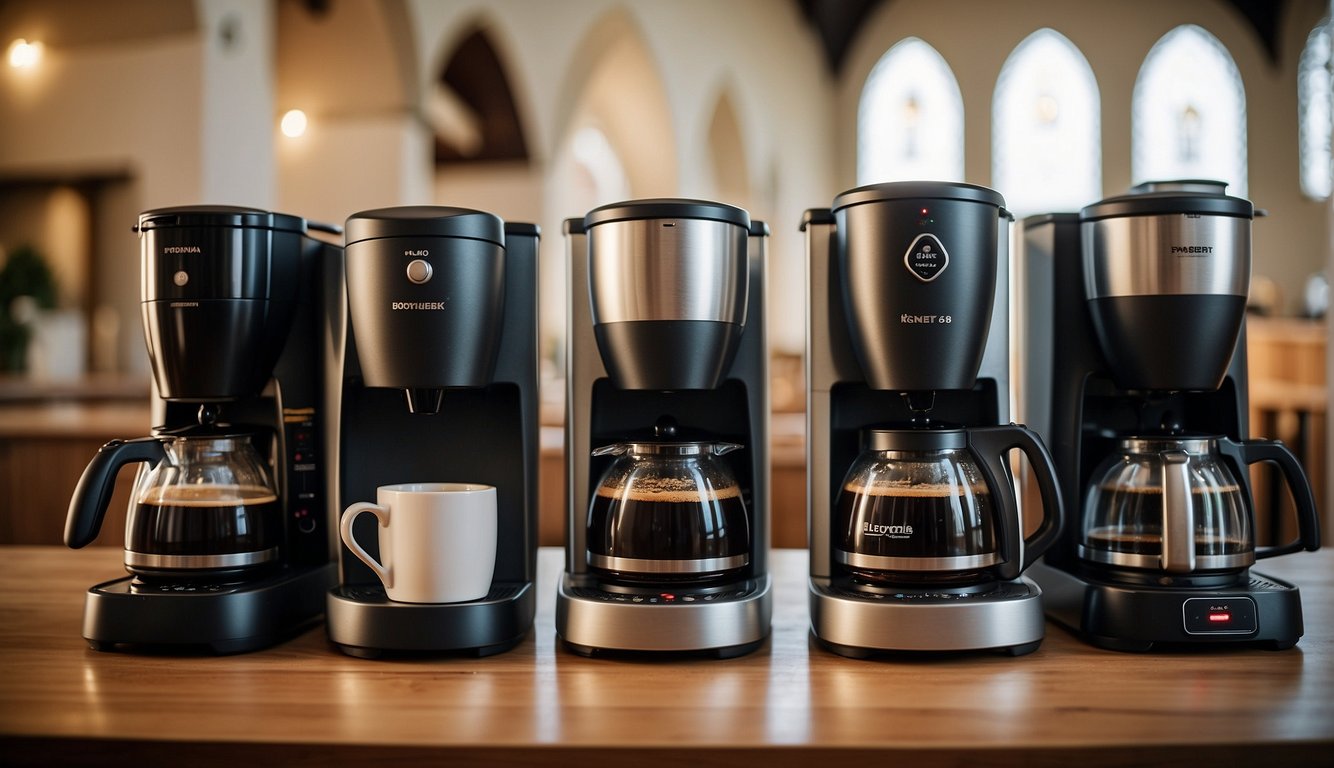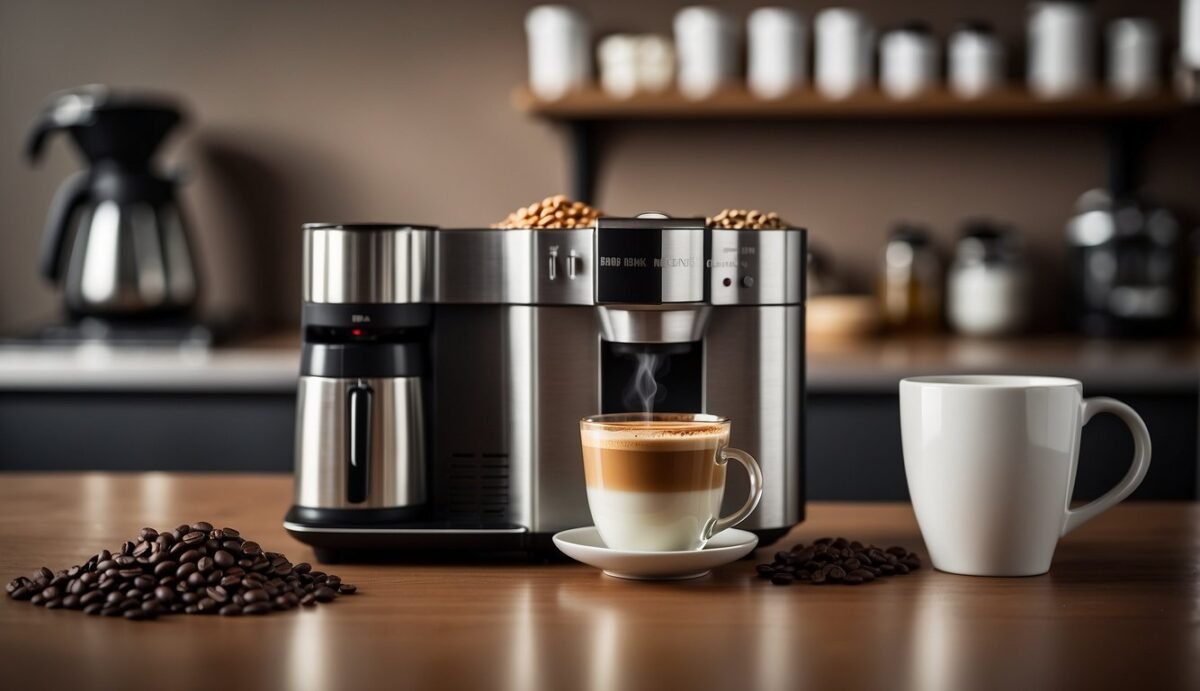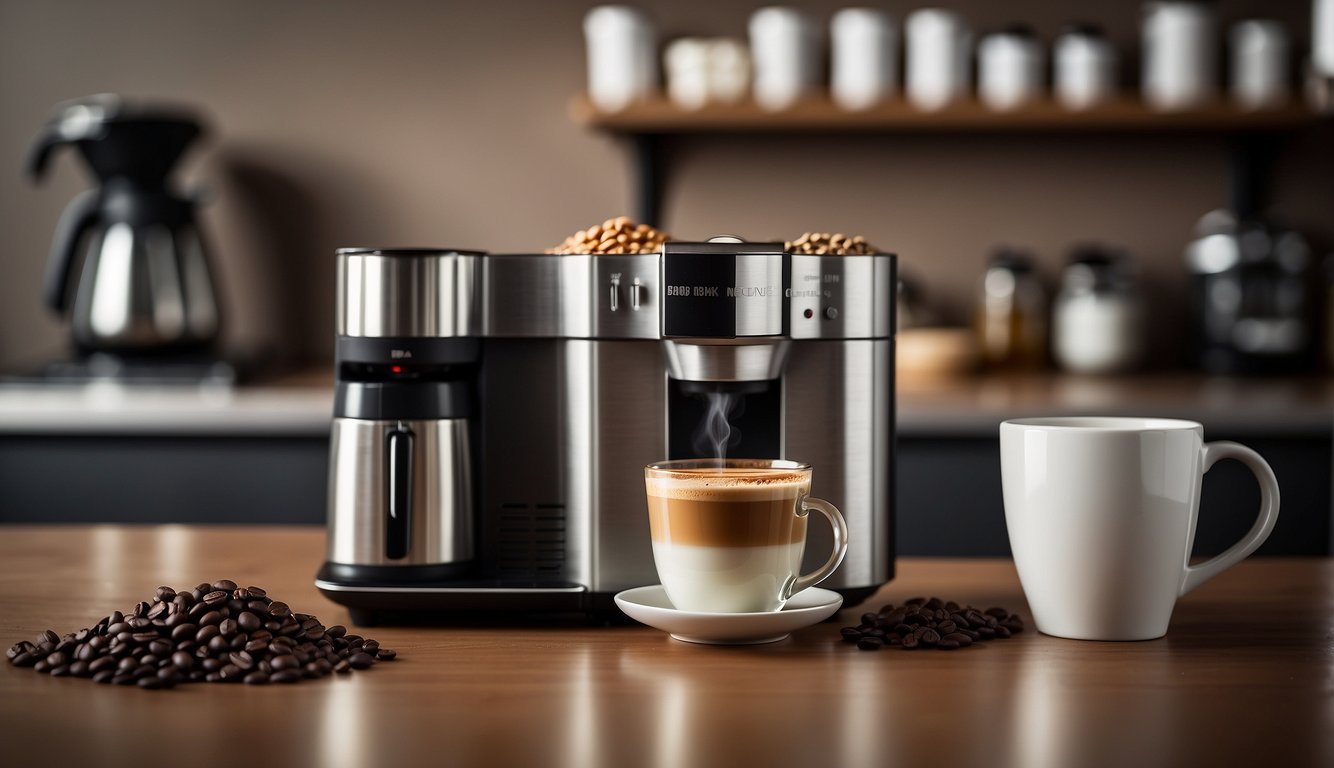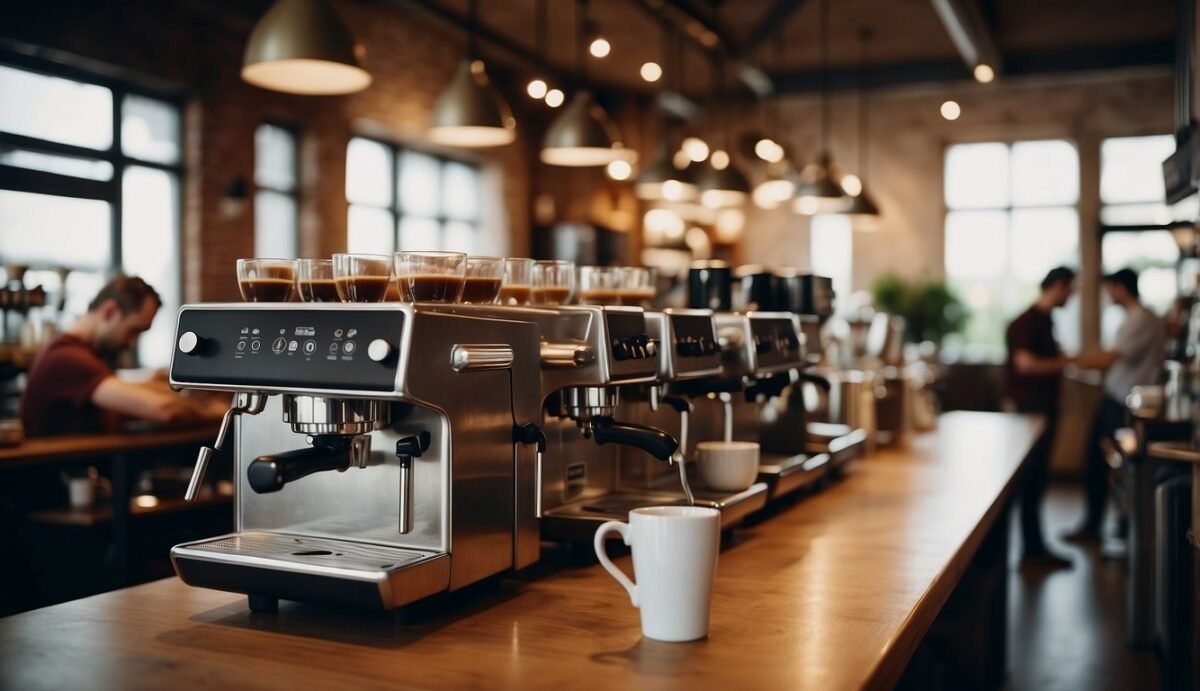Commercial coffee brewers are an essential component of many businesses, providing employees and customers with a steady supply of coffee throughout the day. However, without proper maintenance, these machines can quickly become clogged, dirty, and inefficient, leading to poor coffee quality and costly repairs. This article will provide an overview of commercial coffee brewer maintenance, including daily, weekly, and monthly tasks, troubleshooting common issues, and best practices for longevity.
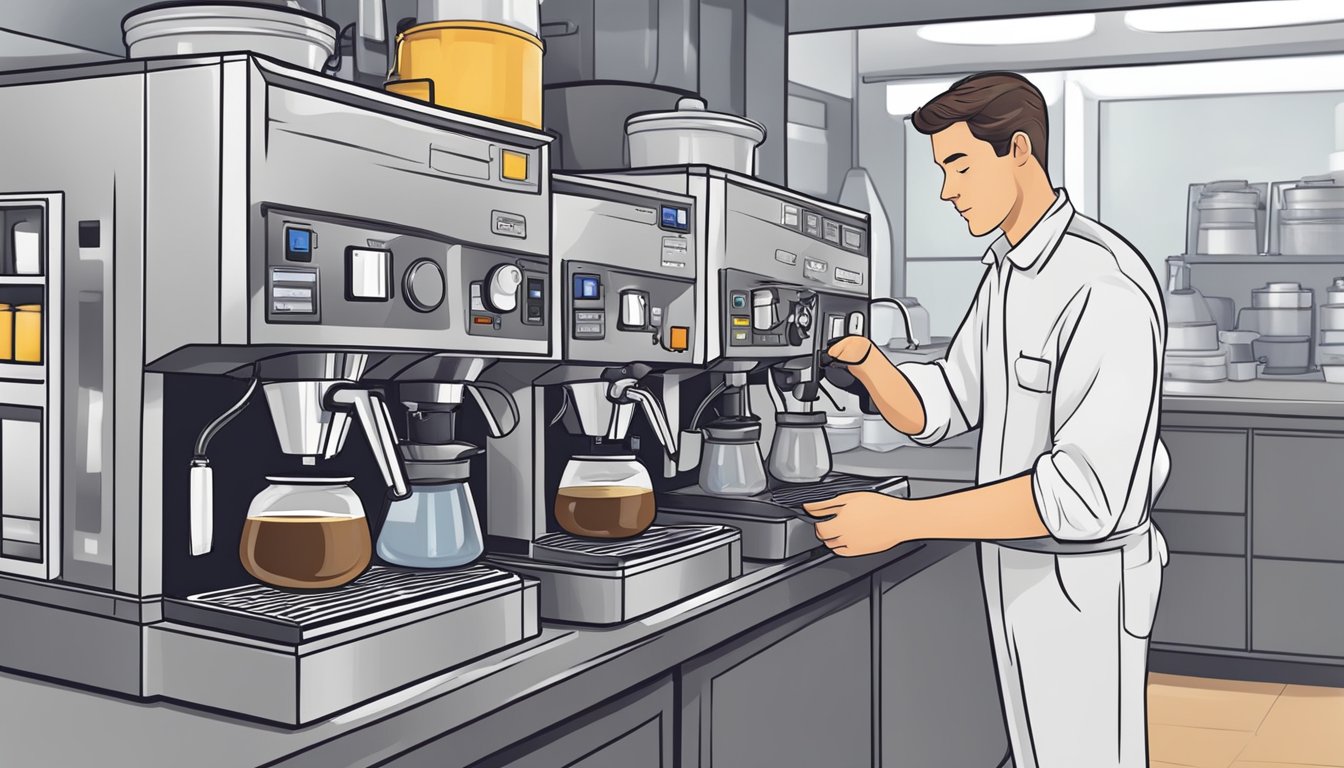
Understanding your commercial coffee brewer is the first step in maintaining it properly. There are many different types of commercial coffee brewers, each with its unique features and requirements. Some common types include pour-over brewers, automatic brewers, and satellite brewers. Understanding the type of machine you have and its specific maintenance needs is crucial for keeping it running smoothly.
Daily maintenance procedures are key to keeping your commercial coffee brewer in good working order. These tasks may include cleaning the brew basket, wiping down the exterior of the machine, and checking the water level. By performing these tasks regularly, you can help prevent clogs and other issues from developing.
Understanding Your Commercial Coffee Brewer
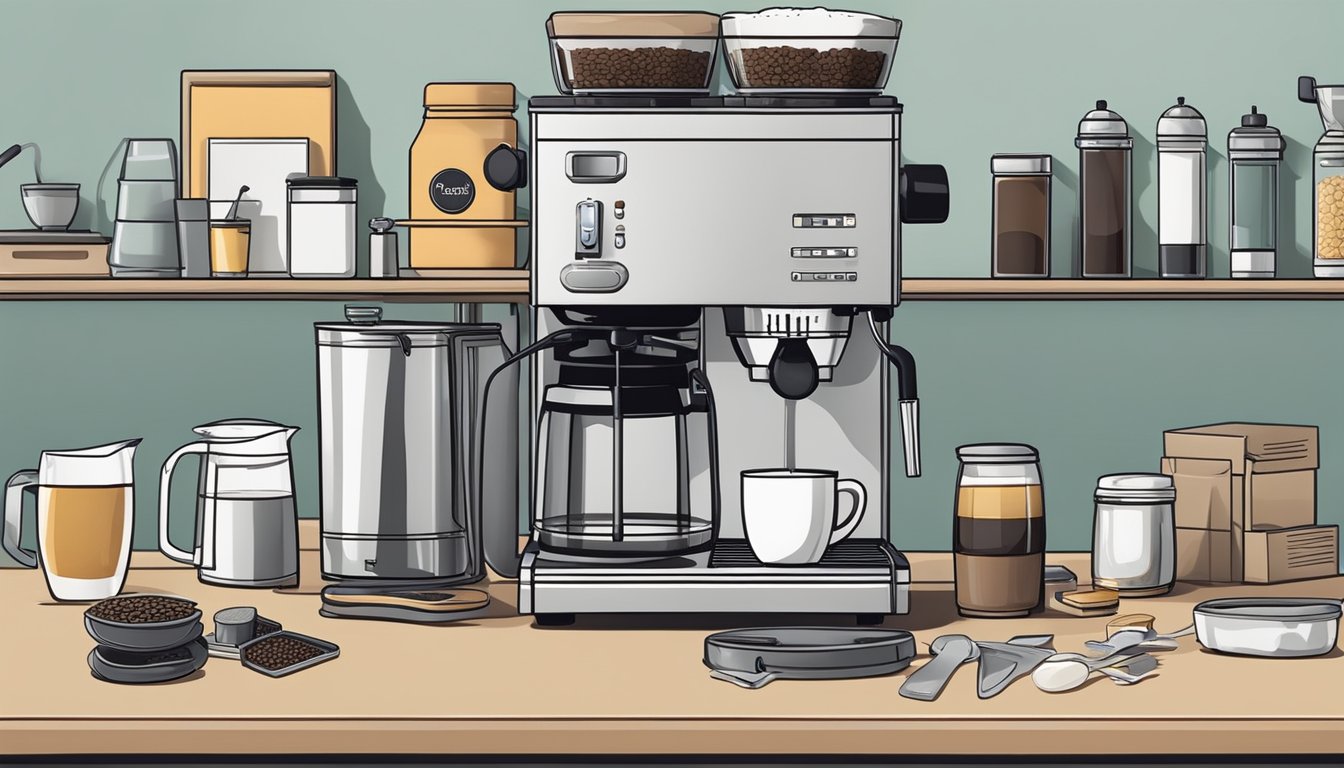
Types of Commercial Coffee Brewers
Commercial coffee brewers come in various types, each with its unique features and brewing methods. The most common types of commercial coffee brewers include automatic drip, pour-over, and airpot brewers.
Automatic drip brewers are the most popular type of commercial coffee brewer. They are easy to use and can brew large quantities of coffee at once. Pour-over brewers, on the other hand, require manual intervention and are ideal for smaller batches of coffee.
Airpot brewers are designed to keep coffee hot for extended periods. They use an airpot to store the coffee and can brew large quantities of coffee in a short time.
Key Components
Commercial coffee brewers have several key components that work together to brew coffee. These components include the water tank, heating element, spray head, and filter basket.
The water tank holds the water that will be used to brew the coffee. The heating element heats the water to the desired temperature. The spray head distributes the hot water over the coffee grounds, and the filter basket holds the coffee grounds during the brewing process.
It is essential to keep these components clean and well-maintained to ensure the longevity and optimal performance of the commercial coffee brewer. Regular cleaning and descaling of the water tank and spray head help prevent the buildup of mineral deposits, which can affect the taste and quality of the coffee.
In conclusion, understanding the type and key components of your commercial coffee brewer is essential for proper maintenance and optimal performance. Regular cleaning and maintenance of the brewer can help extend its lifespan and ensure the delivery of high-quality coffee to your customers.
Daily Maintenance Procedures
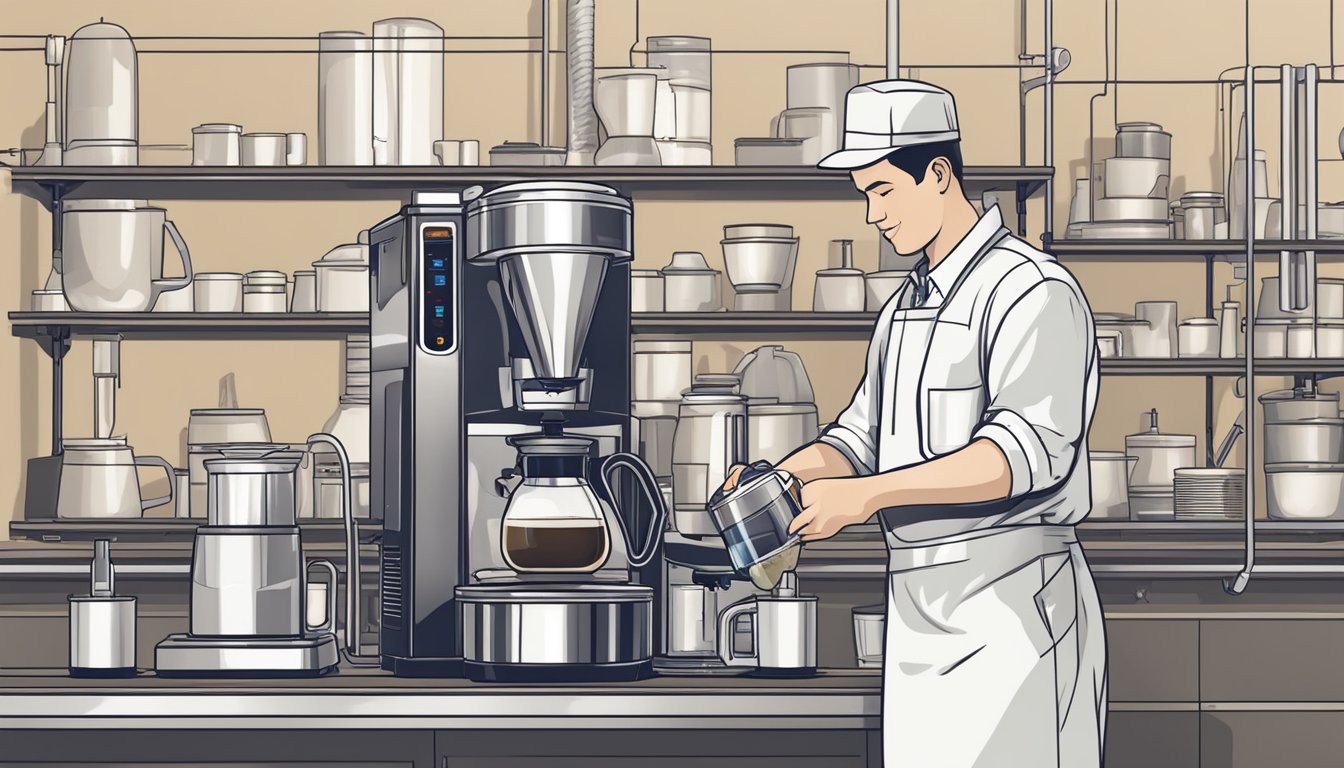
Cleaning the Brew Basket
The brew basket should be cleaned daily to prevent the buildup of coffee oils and residue. To clean the brew basket, it should be removed from the coffee brewer and washed with warm soapy water. A soft-bristled brush can be used to scrub away any stubborn residue. After cleaning, the brew basket should be rinsed thoroughly with clean water and dried before being reinserted into the coffee brewer.
Descaling the Water Lines
Mineral buildup can occur in the water lines of a commercial coffee brewer, which can affect the quality of the coffee and damage the equipment. Descaling the water lines should be done on a daily basis to prevent this buildup. To descale the water lines, a mixture of water and a descaling solution should be run through the coffee brewer according to the manufacturer’s instructions. After the descaling process is complete, the coffee brewer should be thoroughly rinsed with clean water.
Wiping Down the Exterior
The exterior of the coffee brewer should be wiped down daily to remove any spills or stains. A damp cloth can be used to wipe down the exterior of the coffee brewer, and a dry cloth can be used to dry it. It is important to avoid using abrasive cleaners or scrubbers on the exterior of the coffee brewer, as this can damage the finish.
Weekly Maintenance Tasks
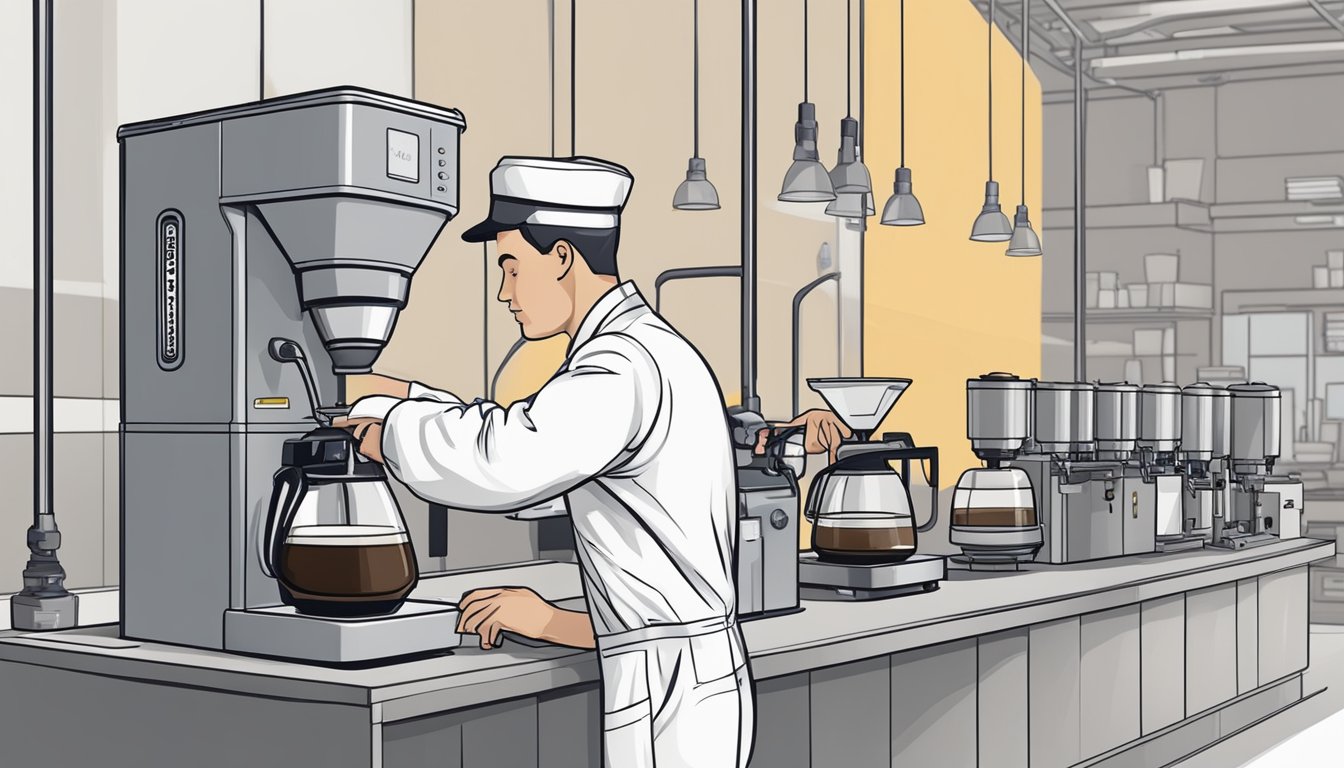
Deep Cleaning the Brew Chamber
To ensure the best possible coffee flavor and extend the life of the commercial coffee brewer, it is important to perform weekly deep cleaning of the brew chamber. This can be done by following these simple steps:
- Turn off the machine and unplug it from the power source.
- Remove the brew basket and spray head from the machine.
- Clean the brew chamber with a soft brush and a cleaning solution recommended by the manufacturer.
- Rinse the chamber thoroughly with water and dry it with a clean cloth.
- Reassemble the brew basket and spray head.
Performing this task regularly helps to remove any buildup of coffee oils, minerals, and other impurities that can affect the taste and quality of the coffee. It also helps to prevent clogs and other issues that can cause the machine to malfunction.
Inspecting Seals and Gaskets
Another important weekly maintenance task for commercial coffee brewers is to inspect the seals and gaskets. Over time, these components can become worn or damaged, which can lead to leaks or other problems. To inspect the seals and gaskets, follow these steps:
- Turn off the machine and unplug it from the power source.
- Remove any parts that cover the seals and gaskets, such as the brew basket and spray head.
- Inspect the seals and gaskets for signs of wear, such as cracks or tears.
- If any damage is found, replace the damaged parts with new ones recommended by the manufacturer.
- Reassemble the machine and test it to ensure that it is functioning properly.
By performing these weekly maintenance tasks, commercial coffee brewers can ensure that their machines are operating at peak performance and producing high-quality coffee.
Monthly Maintenance Checklist
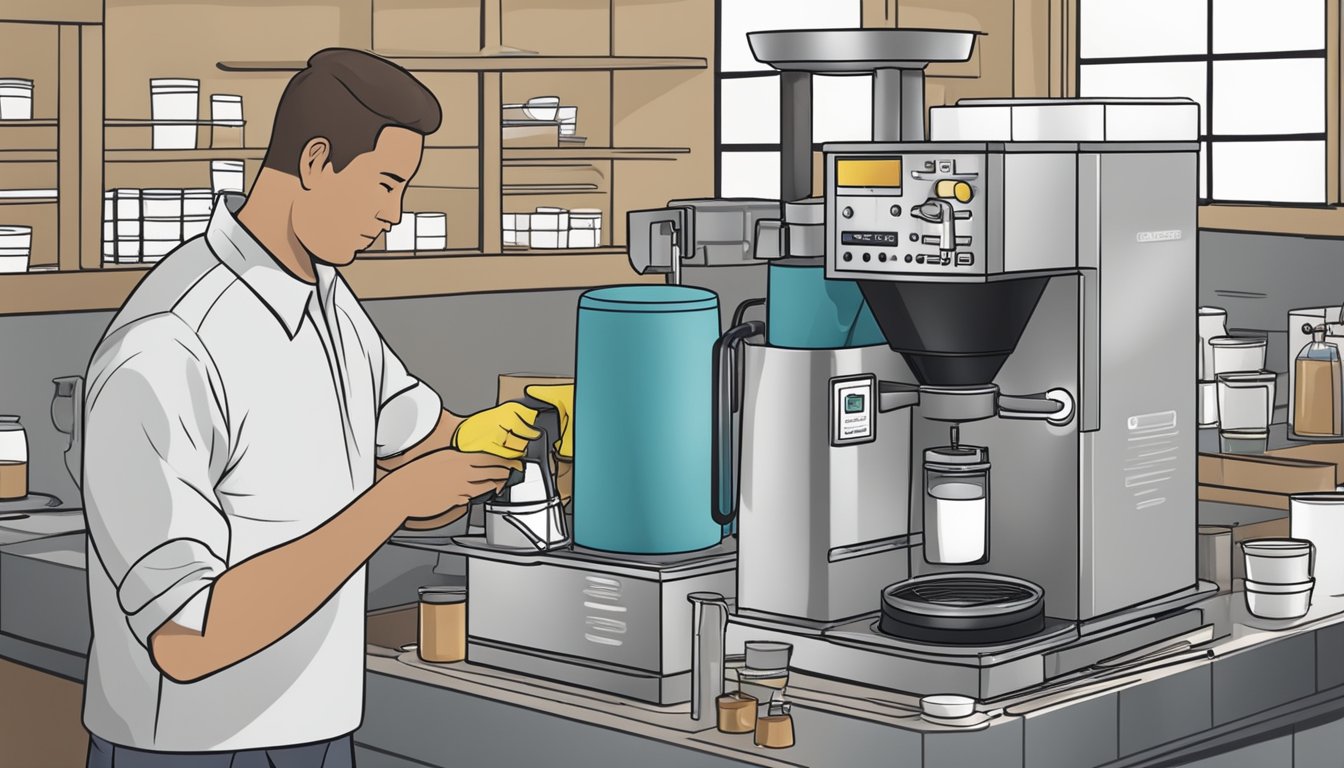
Commercial coffee brewers require regular maintenance to ensure they continue to function properly and produce high-quality coffee. A monthly maintenance checklist can help keep your coffee brewer in top condition. Here are some important tasks to include in your monthly maintenance checklist:
Water Filtration System Replacement
The water filtration system is an essential component of any coffee brewer. It helps remove impurities from the water, ensuring that your coffee tastes great and your equipment stays in good condition. Over time, the water filtration system can become clogged or worn out, which can lead to poor quality coffee and equipment damage.
To prevent this, it is important to replace the water filtration system on a monthly basis. This will help ensure that your coffee brewer is always producing high-quality coffee and that your equipment stays in good condition.
Checking for Wear and Tear
Another important task to include in your monthly maintenance checklist is checking for wear and tear on your coffee brewer. Over time, parts of your equipment can become worn or damaged, which can lead to poor quality coffee and equipment failure.
To prevent this, it is important to regularly inspect your coffee brewer for signs of wear and tear. This includes checking for cracks, leaks, and other damage. If you notice any issues, it is important to address them immediately to prevent further damage to your equipment.
In summary, a monthly maintenance checklist is essential for keeping your commercial coffee brewer in top condition. By replacing the water filtration system and checking for wear and tear on a regular basis, you can ensure that your coffee tastes great and your equipment stays in good condition.
Troubleshooting Common Issues
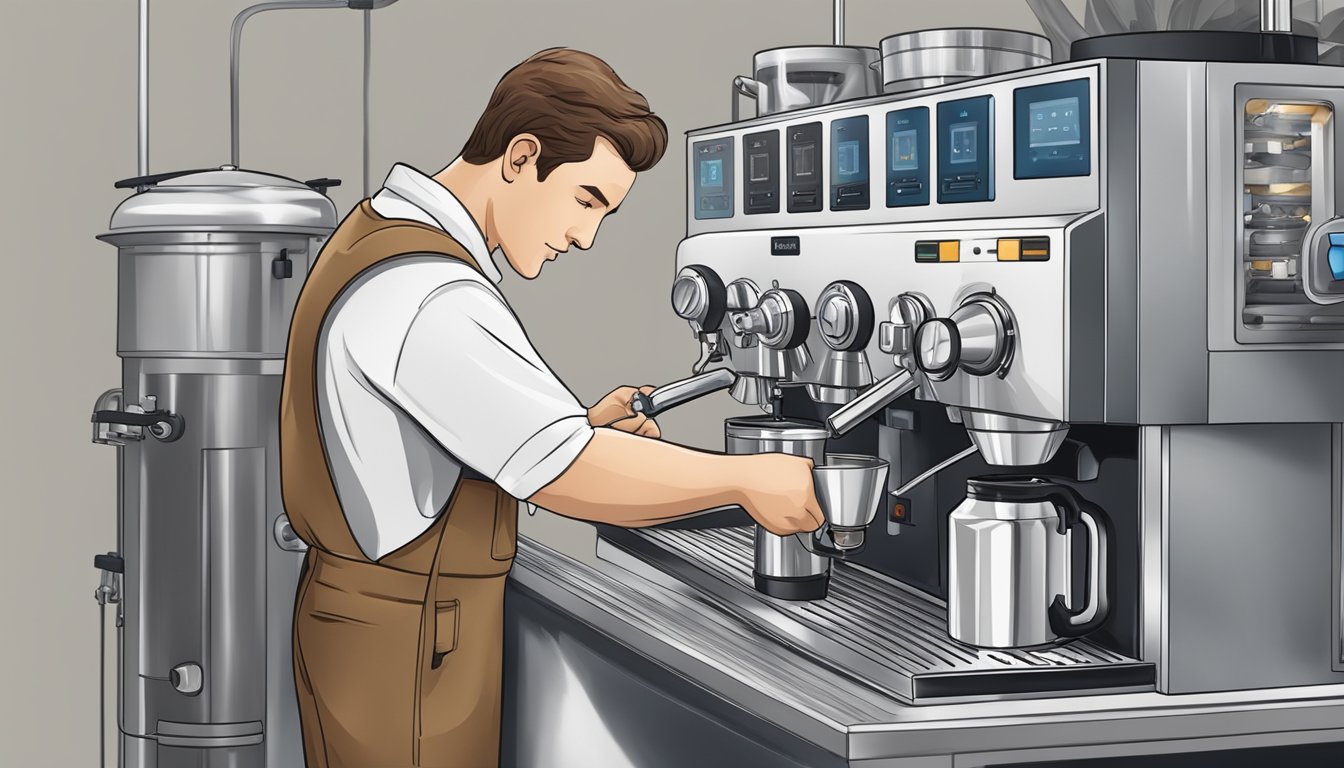
Solving Inconsistent Brewing Temperatures
One of the most common issues that arise with commercial coffee brewers is inconsistent brewing temperatures. This can lead to coffee that is either too weak or too strong. To solve this issue, it is important to first check the thermostat and make sure it is set to the correct temperature. If the thermostat is working correctly, the next step is to check the heating element. If the heating element is faulty, it may need to be replaced.
Another common cause of inconsistent brewing temperatures is a dirty water reservoir. If the water reservoir is dirty, it can cause the water to heat up unevenly, resulting in inconsistent brewing temperatures. To solve this issue, it is important to regularly clean the water reservoir.
Addressing Water Flow Problems
Water flow problems can also occur with commercial coffee brewers. This can result in weak or under-extracted coffee. To solve this issue, it is important to first check the water pump and make sure it is functioning correctly. If the water pump is not working correctly, it may need to be replaced.
Another common cause of water flow problems is a clogged filter basket. If the filter basket is clogged, it can restrict the flow of water and result in weak or under-extracted coffee. To solve this issue, it is important to regularly clean the filter basket.
Fixing Electrical Faults
Electrical faults can also occur with commercial coffee brewers. This can result in the brewer not functioning at all. To solve this issue, it is important to first check the power cord and make sure it is plugged in correctly. If the power cord is plugged in correctly and the brewer still does not function, it may be a faulty electrical component. In this case, it is important to seek professional help to fix the issue.
Regular maintenance and cleaning of commercial coffee brewers can help prevent these common issues from occurring. By following the manufacturer’s guidelines for maintenance and cleaning, you can ensure that your coffee brewer operates smoothly and efficiently.
Professional Servicing and Repairs
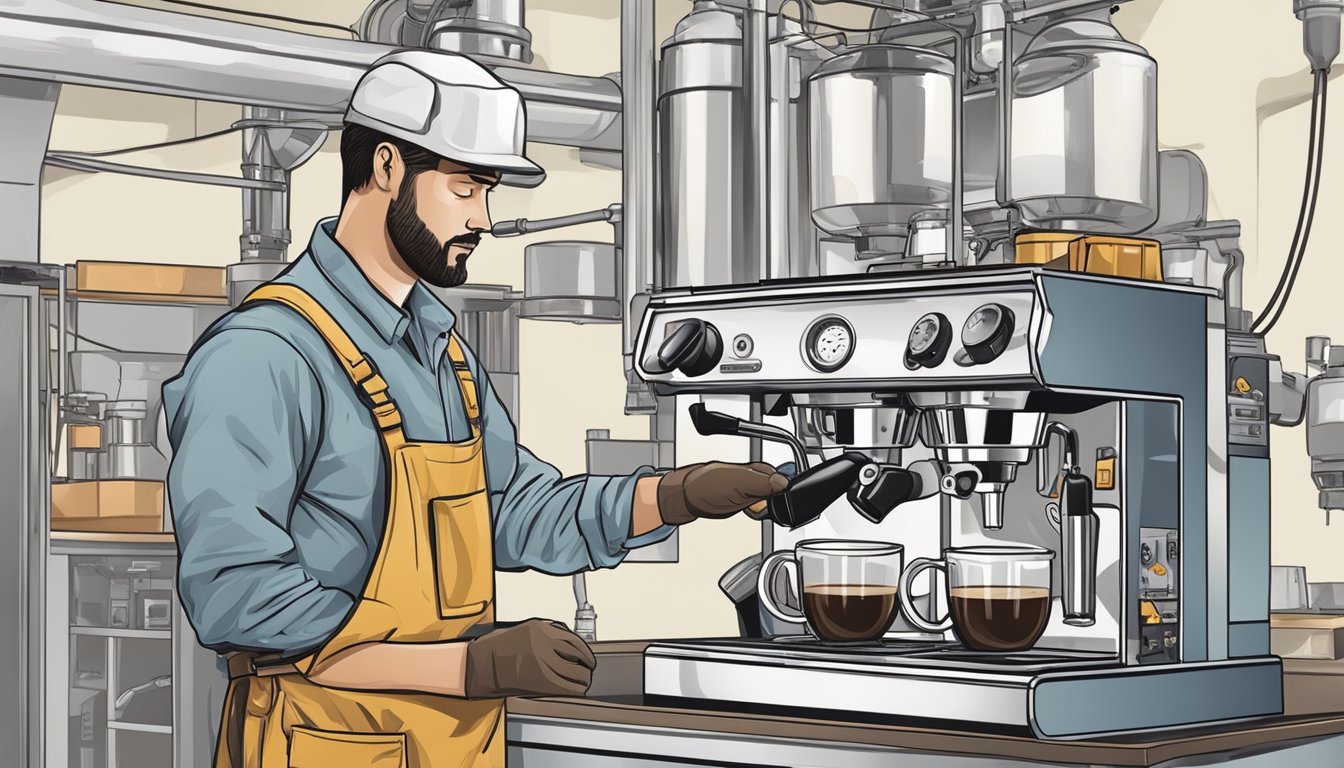
When to Call a Technician
While regular cleaning and maintenance can prevent most issues with commercial coffee brewers, there are times when it’s necessary to call in a professional technician. If the machine is experiencing any of the following issues, it’s best to seek help from a qualified technician:
- The machine is not brewing coffee properly or is producing weak or bitter coffee.
- The machine is not heating water properly or is producing inconsistent water temperature.
- The machine is leaking water or steam.
- The machine is producing unusual noises or vibrations.
- The machine is displaying error messages or warning lights.
Attempting to fix these issues without proper training and knowledge can cause further damage to the machine and may void its warranty. A professional technician can diagnose the problem and perform the necessary repairs to get the machine back in working order.
Preventive Maintenance Contracts
For businesses that rely heavily on their coffee brewers, preventive maintenance contracts can be a wise investment. These contracts typically involve regular visits from a technician who will perform routine maintenance tasks, such as descaling and cleaning, to keep the machine in optimal condition.
Preventive maintenance contracts can help businesses avoid costly repairs and downtime due to equipment failure. They can also extend the lifespan of the coffee brewer and ensure that it consistently produces high-quality coffee.
When considering a preventive maintenance contract, it’s important to choose a reputable service provider with experience working with commercial coffee brewers. The contract should include a detailed list of services provided, as well as the frequency of visits and the cost of the contract.
Best Practices for Longevity
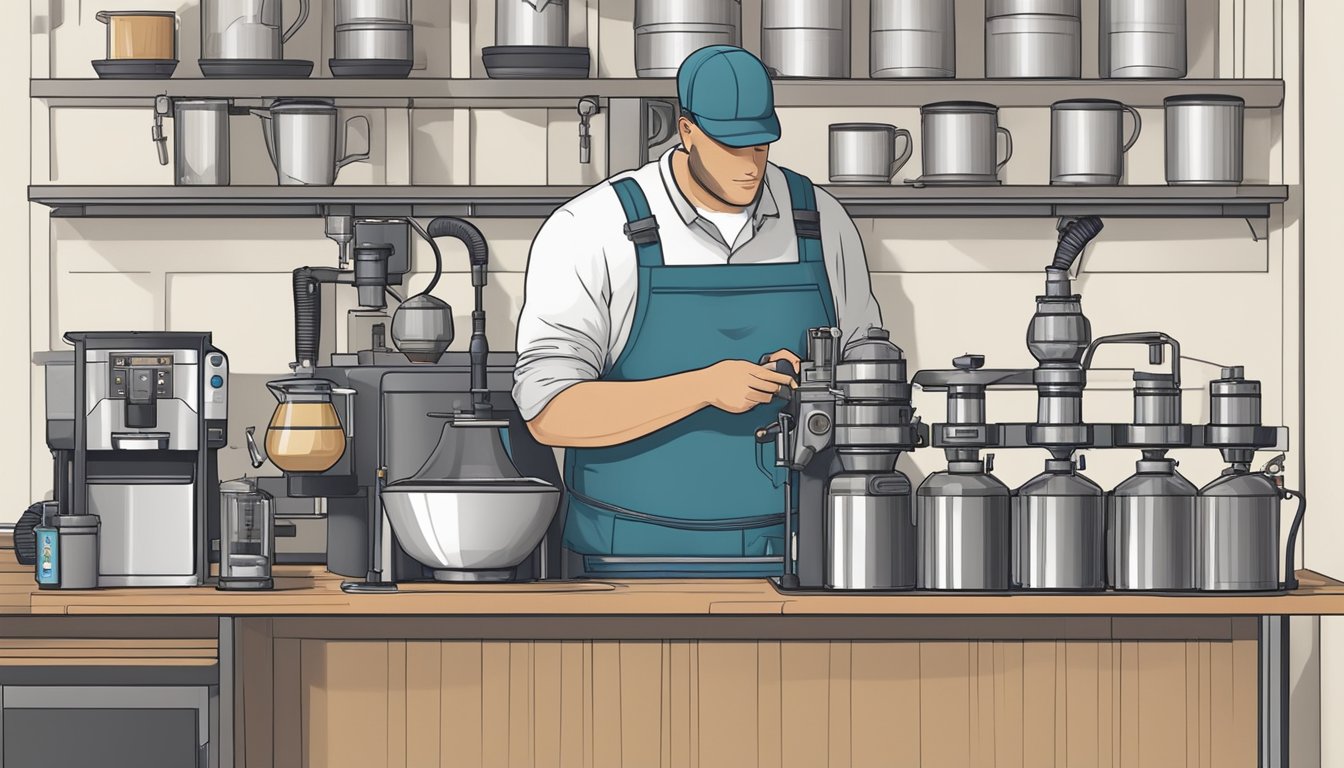
Proper Usage Guidelines
To ensure the longevity of a commercial coffee brewer, it is essential to follow proper usage guidelines. Firstly, it is crucial to use only the recommended amount of coffee grounds and water in each brew cycle. Using too much coffee or water can cause the brewer to overwork, leading to overheating and damage.
Secondly, it is essential to clean the brewer after each use. This involves removing any leftover coffee and cleaning the brew basket, carafe, and other components thoroughly. Neglecting to clean the brewer can lead to clogs, mold growth, and other issues that can reduce the lifespan of the machine.
Finally, it is important to use only high-quality coffee beans. Low-quality beans can leave behind residue that can clog the brewer, leading to damage and reduced performance.
Storage and Handling
Proper storage and handling are essential for maintaining the longevity of a commercial coffee brewer. Firstly, it is important to store the brewer in a dry, cool place. Exposure to moisture and heat can cause damage to the machine’s internal components.
Secondly, it is crucial to handle the brewer with care. Dropping or mishandling the machine can cause internal damage that can be difficult and expensive to repair. It is also important to avoid using abrasive cleaners or tools that can scratch or damage the machine’s exterior.
By following these best practices, commercial coffee brewer owners can extend the lifespan of their machines and ensure optimal performance for years to come.
Sustainability and Energy Efficiency
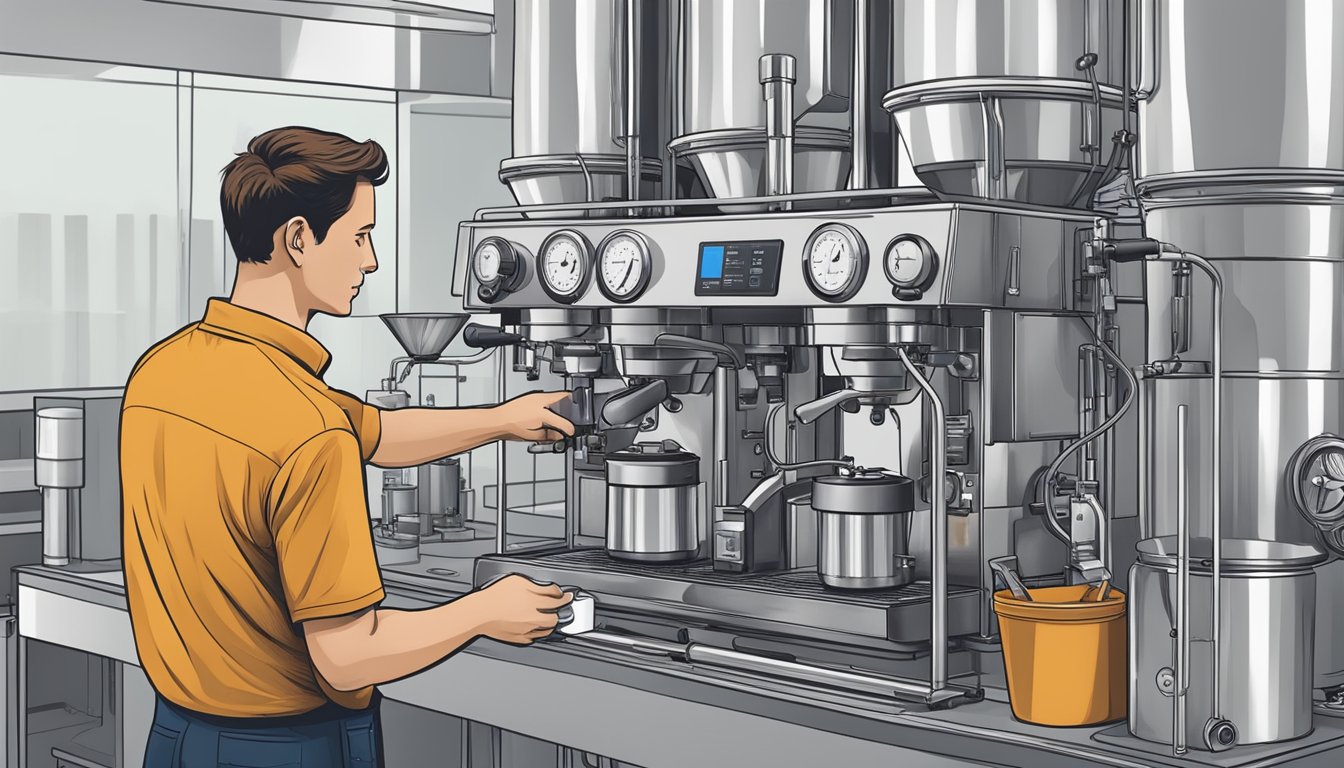
Energy-Saving Tips
Commercial coffee brewers can consume a significant amount of energy, which can result in high electricity bills. To reduce energy consumption, it is recommended to turn off the coffee brewer during off-hours or periods of low demand. It is also important to ensure that the coffee brewer is not left on unnecessarily for prolonged periods of time.
Another way to reduce energy consumption is to use energy-efficient equipment. When purchasing a coffee brewer, it is recommended to look for models that are Energy Star certified. These models use less energy than non-certified models, which can result in significant energy savings over time.
Eco-Friendly Cleaning Solutions
Cleaning commercial coffee brewers is essential to ensure that they function properly and maintain the quality of the coffee. However, many cleaning solutions can be harmful to the environment and can contribute to pollution. To reduce the impact on the environment, it is recommended to use eco-friendly cleaning solutions.
There are many eco-friendly cleaning solutions available that are made from natural ingredients and are biodegradable. These solutions are effective in removing coffee stains and residue, and are safe to use on the coffee brewer. Additionally, using eco-friendly cleaning solutions can help to reduce the amount of waste generated from cleaning, as many solutions come in recyclable packaging.
By implementing these energy-saving tips and using eco-friendly cleaning solutions, commercial coffee brewer maintenance can be both sustainable and cost-effective.
Frequently Asked Questions
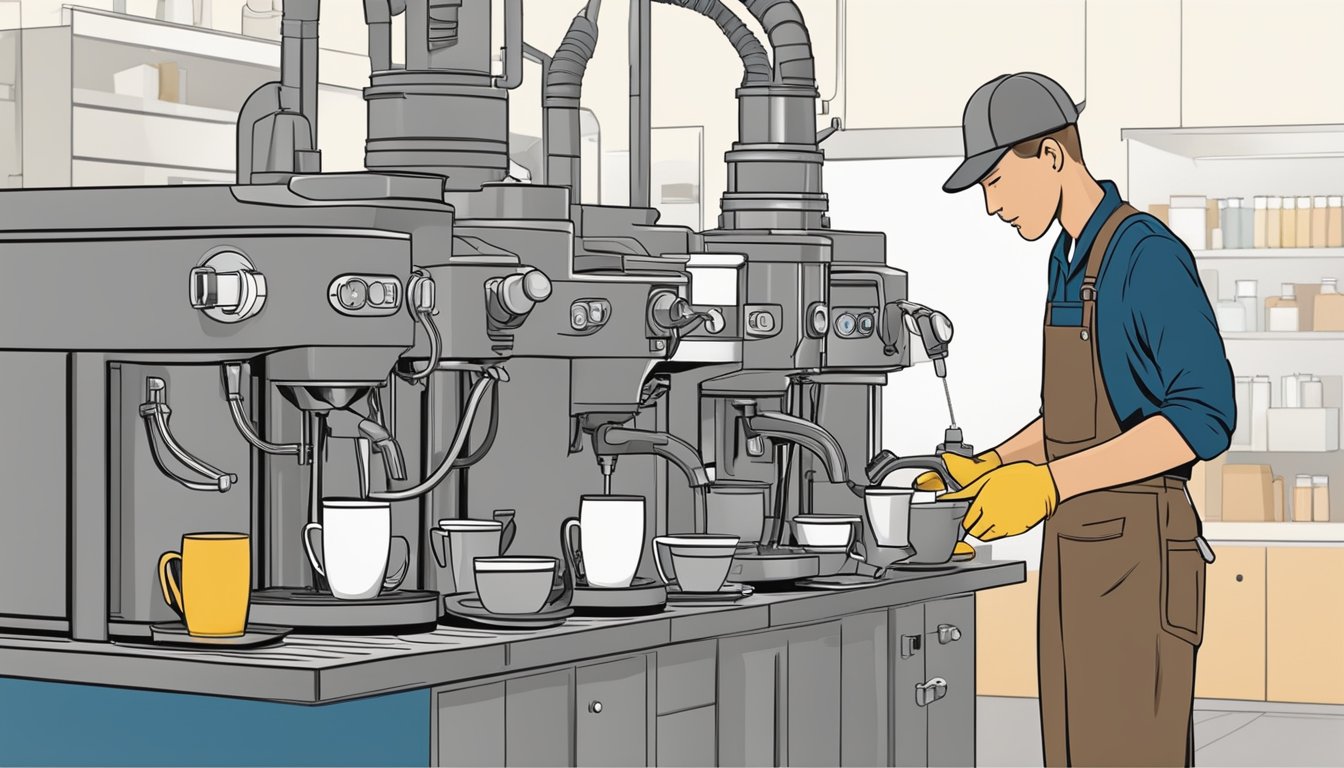
How often should a commercial coffee machine be serviced for optimal performance?
Regular maintenance is essential for optimal performance of a commercial coffee machine. It is recommended to have the machine serviced at least once every six months. However, the frequency of servicing may vary depending on the usage and the type of machine. If the machine is used extensively, it may need more frequent servicing.
What are the essential steps in cleaning a commercial coffee maker?
Cleaning a commercial coffee maker is crucial for maintaining its performance and extending its lifespan. The essential steps in cleaning a commercial coffee maker include regular cleaning of the brew basket, decanter, and spray head. It is also important to descale the machine regularly to remove mineral buildup.
What is included in a standard commercial coffee brewer maintenance checklist?
A standard commercial coffee brewer maintenance checklist typically includes cleaning and descaling of the machine, inspection and replacement of worn out parts, lubrication of moving parts, and calibration of the brewing temperature and pressure. The checklist may vary depending on the type and model of the machine.
What are the best practices for maintaining a commercial espresso machine?
Maintaining a commercial espresso machine requires regular cleaning and descaling, lubrication of moving parts, and inspection of the group heads and steam wands. It is also important to use high-quality water and coffee beans to prevent mineral buildup and clogging of the machine.
How can one ensure the longevity of a used commercial coffee brewer through maintenance?
Proper maintenance is key to ensuring the longevity of a used commercial coffee brewer. Regular cleaning and descaling, inspection and replacement of worn out parts, and calibration of the brewing temperature and pressure can help extend the lifespan of the machine.
What is the typical cost range for servicing a commercial coffee machine?
The cost of servicing a commercial coffee machine may vary depending on the type and model of the machine, as well as the extent of the maintenance required. On average, the cost of servicing a commercial coffee machine can range from $100 to $500.

